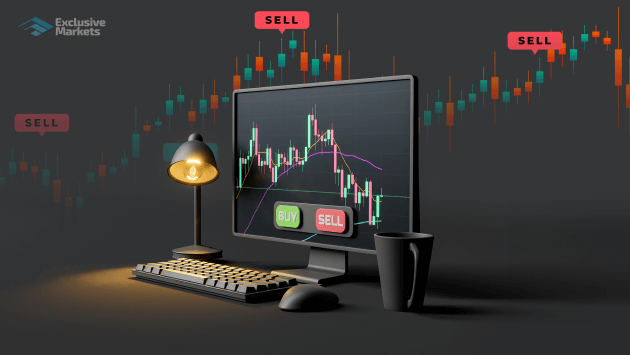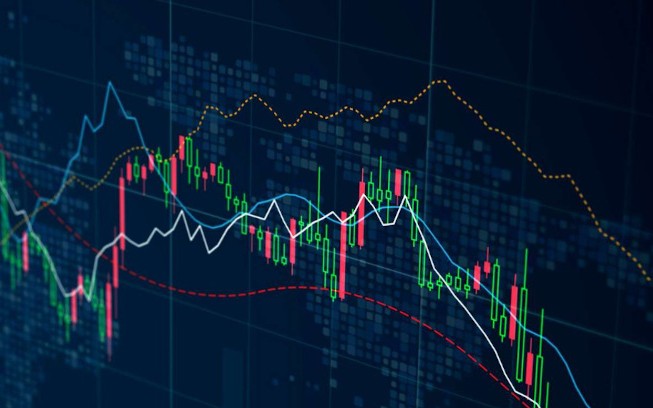Currently Empty: NT$0

Forex Trading for Beginners: A Comprehensive Guide
If you’re looking to enter the world of finance, forex trading beginners https://trading-bd.com/ offers valuable insights into understanding Forex trading. This guide is intended for individuals new to Forex trading who want to learn the basics and start trading effectively.
What is Forex Trading?
Forex (foreign exchange) trading involves the buying and selling of currencies on a global scale. It is the largest and most liquid financial market in the world, with trillions of dollars traded daily. Traders speculate on the value of one currency against another, aiming to profit from the fluctuations in exchange rates.
Why Trade Forex?
Forex trading offers several advantages:
- High Liquidity: The Forex market operates 24 hours a day, providing high liquidity and opportunities to trade at any time.
- Leverage: Traders can control large positions with a relatively small amount of capital, allowing for greater potential returns (and risks).
- Diverse Trading Options: With numerous currency pairs available, traders can choose from a variety of options to trade.
Understanding Currency Pairs
In Forex trading, currencies are traded in pairs. The first currency in the pair is the base currency, and the second is the quote currency. For example, in the EUR/USD pair, the Euro is the base currency, and the US Dollar is the quote currency. The price indicates how much of the quote currency is required to purchase one unit of the base currency.
Major, Minor, and Exotic Pairs
Currency pairs are classified into three categories:
- Major Pairs: These include the most widely traded currencies such as USD, EUR, JPY, and GBP (e.g., EUR/USD, USD/JPY).
- Minor Pairs: These are currencies that do not include the US dollar but are still popular (e.g., EUR/GBP, AUD/NZD).
- Exotic Pairs: These consist of a major currency paired with a currency from a developing economy (e.g., USD/TRY, EUR/THB).
Getting Started with Forex Trading
If you are new to Forex, here are some steps to help you get started:
1. Educate Yourself
Understanding the basics of Forex trading is crucial. Many online resources, courses, and books can provide insights into market behavior, trading strategies, and risk management techniques.
2. Choose a Reliable Forex Broker
Finding a trustworthy broker is paramount. Look for brokers that are regulated and offer the trading platform and features that suit your trading style. Always read reviews and check for proper licensing.
3. Open a Trading Account
Once you’ve selected a broker, you can open a trading account. Many brokers offer demo accounts, allowing you to practice trading without risking real money.
4. Develop a Trading Plan
A solid trading plan outlines your trading goals, risk tolerance, and strategies. It should also include rules for entering and exiting trades. Stick to your plan to minimize emotional decision-making.

5. Learn to Analyze the Market
There are two main approaches to analyzing the Forex market:
- Fundamental Analysis: This involves analyzing macroeconomic indicators, interest rates, and geopolitical events to predict currency movements.
- Technical Analysis: This method uses historical price data and chart patterns to identify trading opportunities and trends.
Risk Management in Forex Trading
Risk management is a crucial aspect of successful trading. Here are some essential risk management techniques:
1. Use Stop-Loss Orders
Setting stop-loss orders can help you limit your potential losses by automatically closing a position once it reaches a specific loss threshold.
2. Position Sizing
Determining the appropriate size of your position relative to your account balance is crucial. Avoid risking more than a small percentage of your total capital on a single trade.
3. Diversification
Spreading your investments across different currency pairs can help reduce risk. This way, if one trade goes against you, others may perform better, balancing your overall risk exposure.
Developing Good Trading Habits
Successful Forex trading requires discipline and patience. Here are some good habits to cultivate:
1. Keep a Trading Journal
Documenting your trades, including your thought process and outcomes, can help you learn from both successful and unsuccessful trades.
2. Stay Informed
Stay updated on economic news, central bank announcements, and geopolitical developments that could impact currency markets.
3. Avoid Emotional Trading
Emotions can cloud judgment and lead to impulsive decisions. Stick to your trading plan and avoid chasing losses or making trades based on fear or greed.
Conclusion
Forex trading can be both exciting and profitable if approached with due diligence and proper education. By understanding the market fundamentals, developing a trading strategy, and maintaining discipline, beginners can navigate the Forex market successfully. Always remember to practice good risk management and continuously educate yourself to enhance your trading skills.
